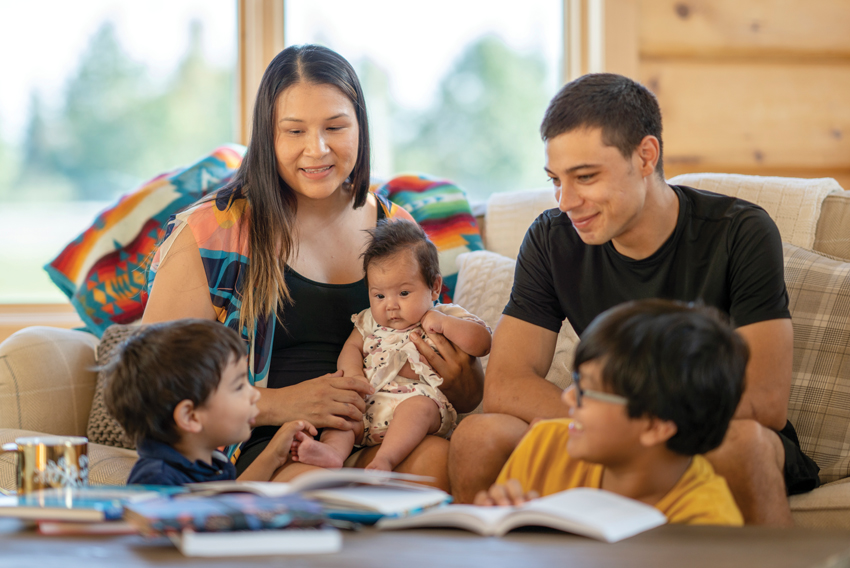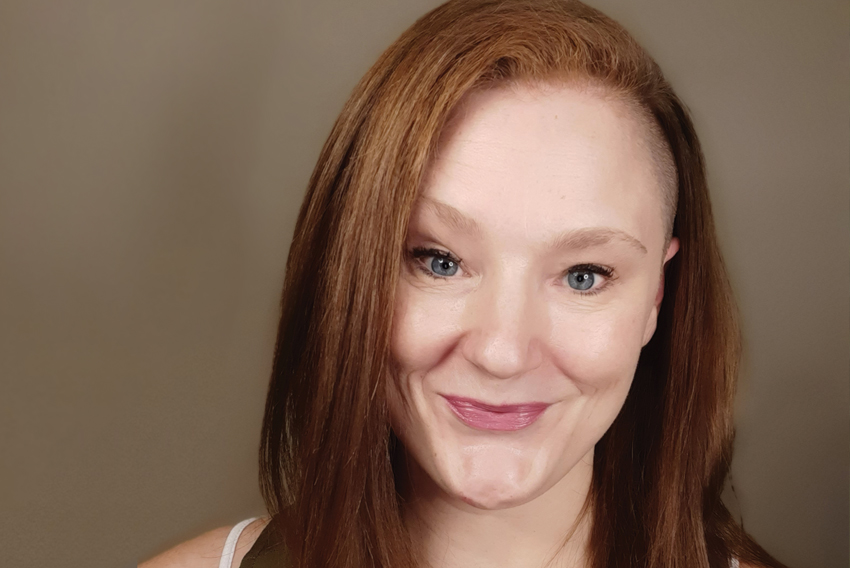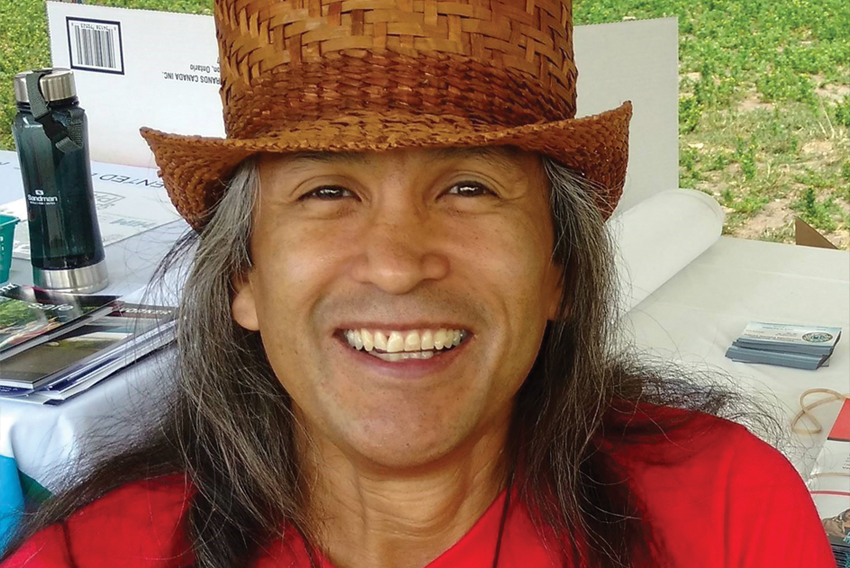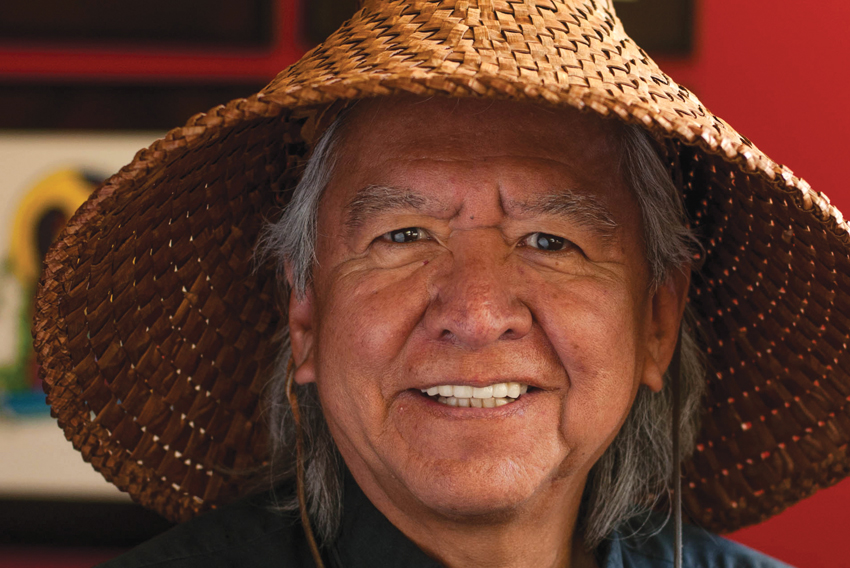What is Culturally Safe Indigenous Housing?
Reprinted from the Housing as a Human Right issue of Visions Journal, 2022, 17 (2), pp. 11-12





My story, I believe, is a reflection of what life is like for an Indigenous person growing up with the ongoing impacts of the colonization experience in Canada. My name is Saa Hiil Thut, aka Gerry Oldman. I am St'át'imc, from Shalalth, BC.

Sign up for our various e-newsletters featuring mental health and substance use resources.